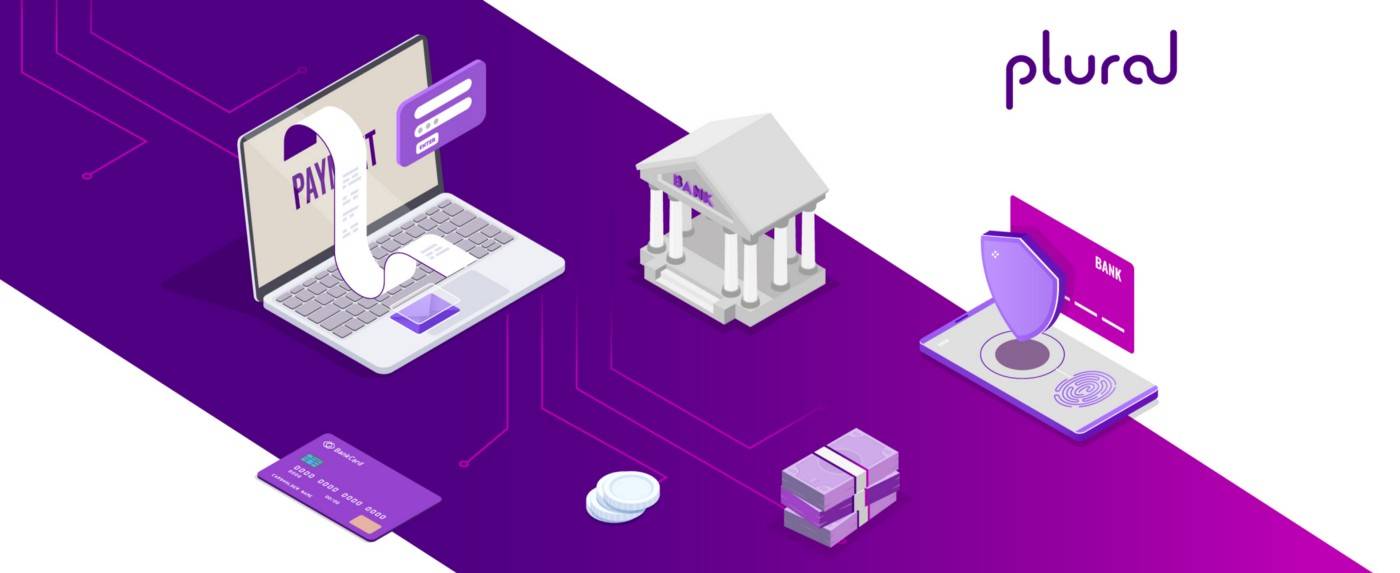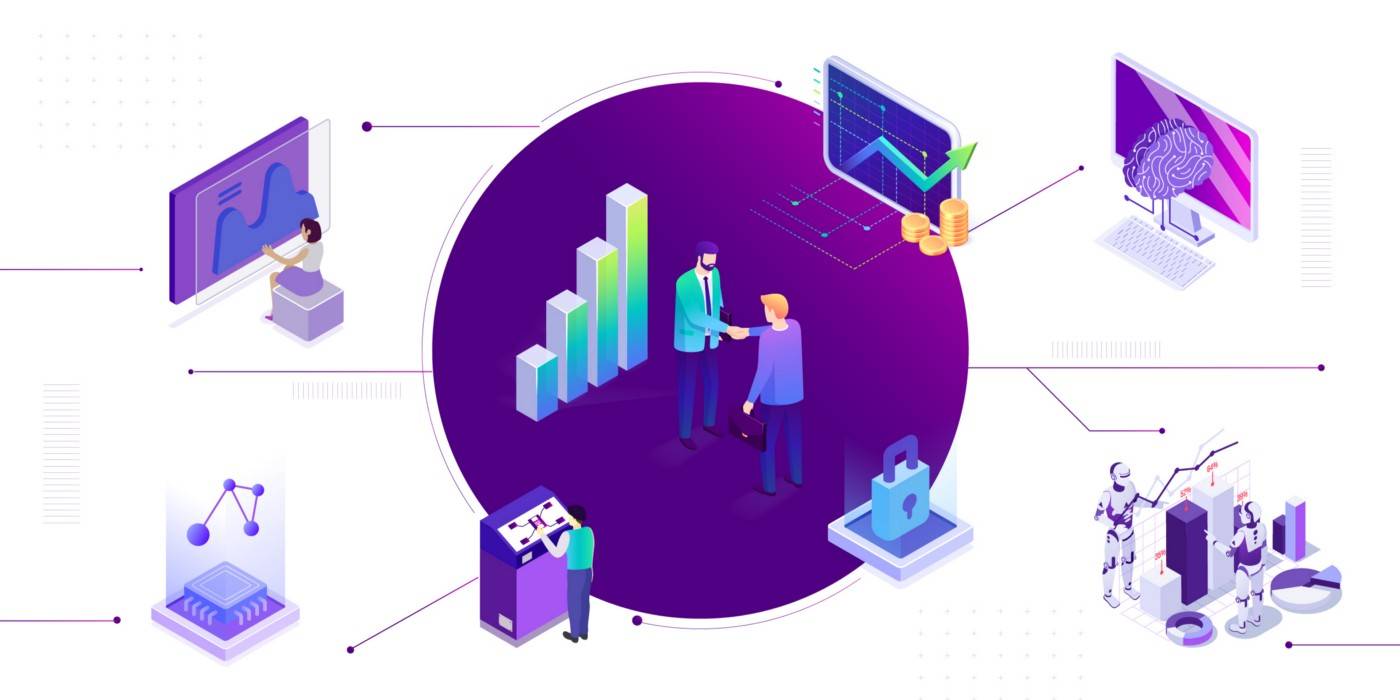Online payments have come a long way, replacing traditional methods such as cash or cheques. Today it is fairly common for customers to make payments using various digital payment methods.
Our industry report on online payments in India found that households make 35% of their transactions digitally. This figure is expected to cross 50% by FY 2026, suggesting that India is quickly becoming a cashless economy.
To keep up with this digital transformation, businesses need a versatile payment infrastructure that ensures a smooth transaction, whatever the payment method.
This is where payment APIs come into the picture. Whether card payments, digital wallets, net banking, or UPIs, APIs integrate all these methods seamlessly into the checkout process. In fact, it is a common payment processing solution that businesses use today.
This article will look into payment APIs for integration, their benefits, and their future.
What are payment APIs?
Payment APIs stand for Application Programming Interface, but let’s not get caught up in technical terms. An API is a set of rules and tools that allow different software systems to exchange payment information securely. Think of APIs as a waiter in a restaurant who is the mediator between the customer and the chef at the kitchen. Through a waiter, the customer lets the chef know what she would like for dinner.
Similarly, APIs act as a mediator between your website and payment servers. It links your store directly to the payment providers, ensuring secure and hassle-free transactions for your customers.
Thanks to API- you can offer several payment methods in your online store, from credit cards to digital wallets. Not just that, non-financial businesses can offer finance solutions like insurance, loans etc. through APIs.
How do payment APIs enable seamless integration?
Payment APIs spring into action when a customer makes a payment on your website or app. First, the API securely collects the payment details from the customer. Then, it sends this information to the payment gateway or processor.
The payment processor verifies the detail and makes the payment. Once approved, the API receives the payment confirmation and forwards the message to your platform. This way, you know the payment is successful.
In a nutshell, payment APIs handle the communication between a business, its customers, and the payment system.
Here is a list of things you can do with a payment API:
- Integrate multiple payment options (bank transfers, digital wallets, cards, etc.)
- Customise checkout fields according to business needs
- Support invoicing
- Issue refunds and instant settlements
- Enable recurring payments for subscription-based or SaaS businesses
- Access real-time payment data for easier settlement
- Easily accept payments from international customers
What are the benefits of using payment APIs?
Payment APIs offer several benefits to businesses and customers alike. Here are a few prominent ones:
Simplified development
Payment APIs offer ready-to-use tools and resources. As such, there is no need to build payment systems from scratch. Developers can take advantage of the features offered by API solutions, and businesses can reduce the initial development time and cost.
Multiple payment methods
Businesses can use payment APIs for the integration of multiple payment methods like cards, digital wallets, UPI, or net banking. This benefits both customers and businesses. Customers can pay using their preferred method, while businesses can increase their customer base by catering to diverse preferences.
Enhanced security
Payment APIs employ techniques like encryption and tokenisation to secure your payments. This helps businesses minimise the risk of fraud and protect customers’ sensitive data. By focusing on payment security, APIs help businesses instil trust and confidence in their brand.
Elevated customer experience
Payment APIs streamline the payment process. Efficiency was the main driver for implementing API for roughly nine out of ten payment service providers.
API gateways do not redirect to another page, enabling customers to complete transactions without jumping through interfaces. The hassle-free payment process enhances customer satisfaction, improves checkout conversion rates, and encourages repeat purchases.
Better compliance
Payment APIs adhere to industry regulations and standards like the PCI DSS (Payment Card Industry Data Security Standard). They also simplify regulatory compliance, such as PCI, AML, and KYC. This helps businesses stay compliant and avoid penalties.
Further, the built-in compliance checks enable businesses to maintain data integrity and build a trustworthy reputation.
Features to look for in a payment API
Payment APIs offer several benefits. However, choosing the right one for your business can be overwhelming, especially when so many options are available in the market.
To make your hunt easier, we’ve compiled a list of features to look for in a payment API:
Ease of use and integration
Look for a user-friendly payment API that easily integrates with your existing systems. Such an API will save you time and effort in setting up and managing the payment system. Do not forget to test your payment gateway integration to ensure it runs smoothly.
Broad functionalities
Choose a payment API that offers functionalities for your business needs. Among other features, it should support multiple payments, customisation options, invoicing, and recurring payments and enable easy tracking and reporting of transactions.
Robust security
Security is paramount when it comes to payment APIs. Ensure the API adheres to industry standards and provides robust security measures such as encryption, tokenisation, and fraud prevention tools.
Clear documentation
The API should have clear and comprehensive documentation with guides and tutorials. This makes it easier for developers to implement the API, reducing the learning curve and ensuring smooth integration.
Third-party API partners
Consider a payment API that has a strong ecosystem of third-party API partners. This allows you to easily integrate with other services, such as an accounting or a CRM solution. It will further enhance the functionality of your payment solution.
Power your business with Plural Payment APIs
Payment APIs facilitate data exchange between your app and payment system, ensuring a frictionless payment experience for your customers. They offer numerous advantages, from enhanced security and better compliance to elevated customer experience.
With Plural & Setu, you can effortlessly collect online payments, make seamless payouts, onboard customers smoothly, and offer embedded finance solutions from a single intuitive dashboard.
The user-friendly Plural Payment Gateway API offers 100+ payment methods and customised solutions for every industry. Further, with Setu UPI DeepLinks, you can embed UPI payments and collect payments directly from Whatsapp and other popular platforms.
With API for easy integration and other convenient options like no-code solutions, SDKs, and webhooks, you can kickstart your business today hassle-free.

Amrita Konaiagari is a Marketing Manager at Plural by Pine Labs and Editor of the Plural blog. She has over 10 years of marketing experience across Media & Tech industries and holds a Master’s degree in Communication and Journalism. She has a passion for home décor and is most definitely a dog person.


